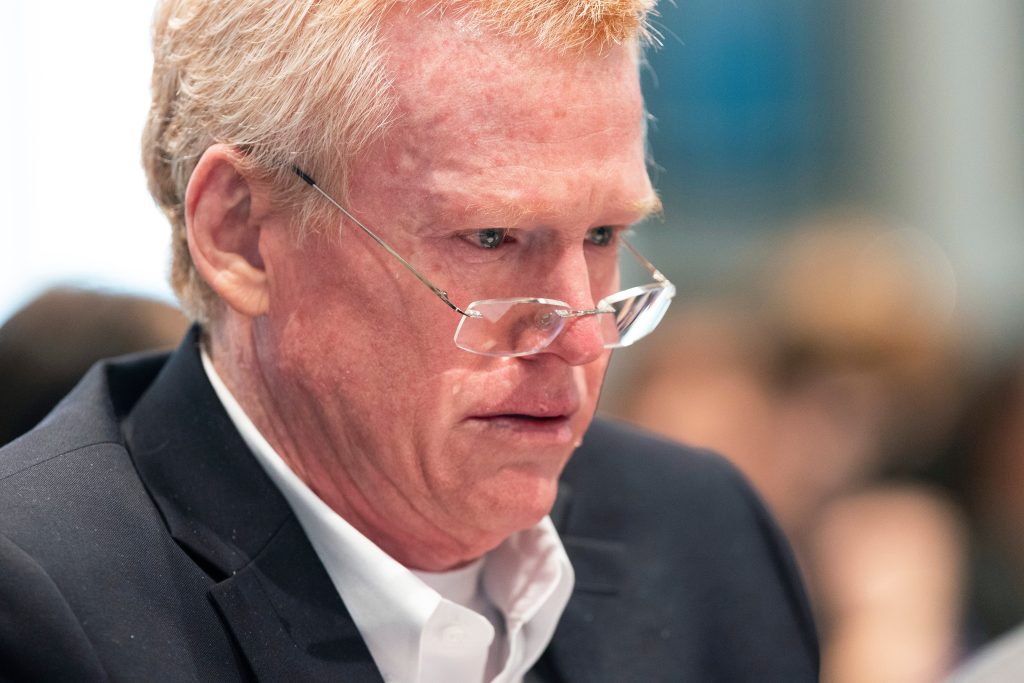The housing permit strategy eliminates the need for multiple permits at provincial ministries
British Columbia’s new housing permit strategy aims to cut long provincial-level approval times for housing permits, but builders in Sea to Sky say the move must be matched with similar efforts at the municipal level.
The strategy, unveiled last month, will create a single, coordinated approach to housing-related permits and permits to speed up the permitting process and eliminate the need for multiple applications at provincial ministries. This can include permits related to road rezoning, waterfront permits, water licenses, transportation permits and more.
“I think it’s great that at the provincial level it has been recognized that there is a problem and something needs to be done. The system was essentially broken,” said David Girard, director of Whistler construction company Peak Ventures and director of the Sea-to-Sky chapter of the Canadian Home Builders’ Association (CHBA).
The new approach addresses a long-standing challenge in the industry: going through a complex, multi-layered provincial-level permitting process that, according to Neil Moody, CEO of the Canadian Home Builders’ Association of British Columbia, “can be quite redundant and cumbersome.” in a statement on the nonprofit’s website. “There can be a long back-and-forth between the developer and the various Ministry staff between the initial application and approval. This can be very time consuming and can take months or, in the worst case, years.”
Girard welcomed the additional staff the province is hiring to support the housing permitting strategy. The initial investment includes 42 new full-time positions; Once those roles are filled, the province said the team can expand to 203 positions.
“It would certainly be interesting to see if the community could do something like that,” Girard said of the additional staff. “I think all employees work as hard as they can with what they have, but what they have is not appropriate.”
Even by slow local government standards, the Resort Municipality of Whistler (RMOW) enjoys a reputation among local developers for its long turnaround times for permit approvals, which is a result of a number of factors including .’s strict design and energy guidelines Whistler, staff shortages and the pandemic-driven boom in home renovations in recent years.
“Before COVID there were certainly some long waits, but not like today. I think the community is still recovering from the online cyber attack [that handcuffed municipal operations in 2021], so that was a problem. The whole COVID thing. But I think now we’re still seeing significant delays,” Girard said.
According to the RMOW, city employees are now examining the building permit applications for residential and commercial properties submitted in October. “So that’s four months before they even consider a permit application,” Girard noted. “I know from talking to some of our colleagues and builders in Squamish that they will be getting permits in four weeks. It shows you the clear discrepancy between what is experienced and what is possible.”
There are currently 10 core staff tasked with processing 485 active building permit applications and the RMOW said it is in the process of hiring a construction technician internally and is now recruiting another full-time construction officer.
For its part, the RMOW is working to shorten the approval times on site. In October, elected officials passed a charter that distributed some decision-making authority to RMOW employees to ease the burden on an already overburdened planning department, a move widely welcomed by the local construction industry.
“Whenever you find efficiency, it helps everyone,” said Jen Ford, president of the Union of BC Municipalities and a local councillor. “It’s a challenging environment. There are no easy ways to do this, but finding efficiencies will certainly help.”
There are currently eight core staff in the Planning Department of RMOW charged with processing 68 active development permit applications, in addition to two support staff. The municipality said it is also in the process of adding a planning analyst, planning assistant and planning coordinator to its team.
Of the 48 development permits granted last year, the processing time ranged from one month to almost a year, with an average processing time of 5.6 months, according to RMOW.
The CHBA has made clear its call for change at both the municipal and provincial levels. In October, it released a study that examined permitting processes in 13 BC communities and found an average wait time of 13 to 14 months for rezoning and development permits and more than 20 months for a subdivision application. To reduce these waiting times, the organization recommended that Victoria create a provincial reporting system that would require municipalities to produce an annual, standardized report on development applications.
“Implementing a transparent, reliable and standardized source of schedules and the set of approved housing data can ensure that supply shortages relative to housing demand can be anticipated and responded to as early as possible,” the organization said on its website.
The province said its single application window will be established in the coming months, and in the meantime approval and permitting decisions would be expedited through an interdepartmental Housing Action Task Force. Priority will be given to urgently needed housing projects, such as B. Indigenous-led developments, BC housing applications, and multi-family housing applications. Victoria said it will also prioritize projects in communities subject to BC’s housing and speculation taxes, which Whistler does not.
For more information, see news.gov.bc.ca/releases/2023WLRS0003-000033.
Don’t miss interesting posts on Famousbio










